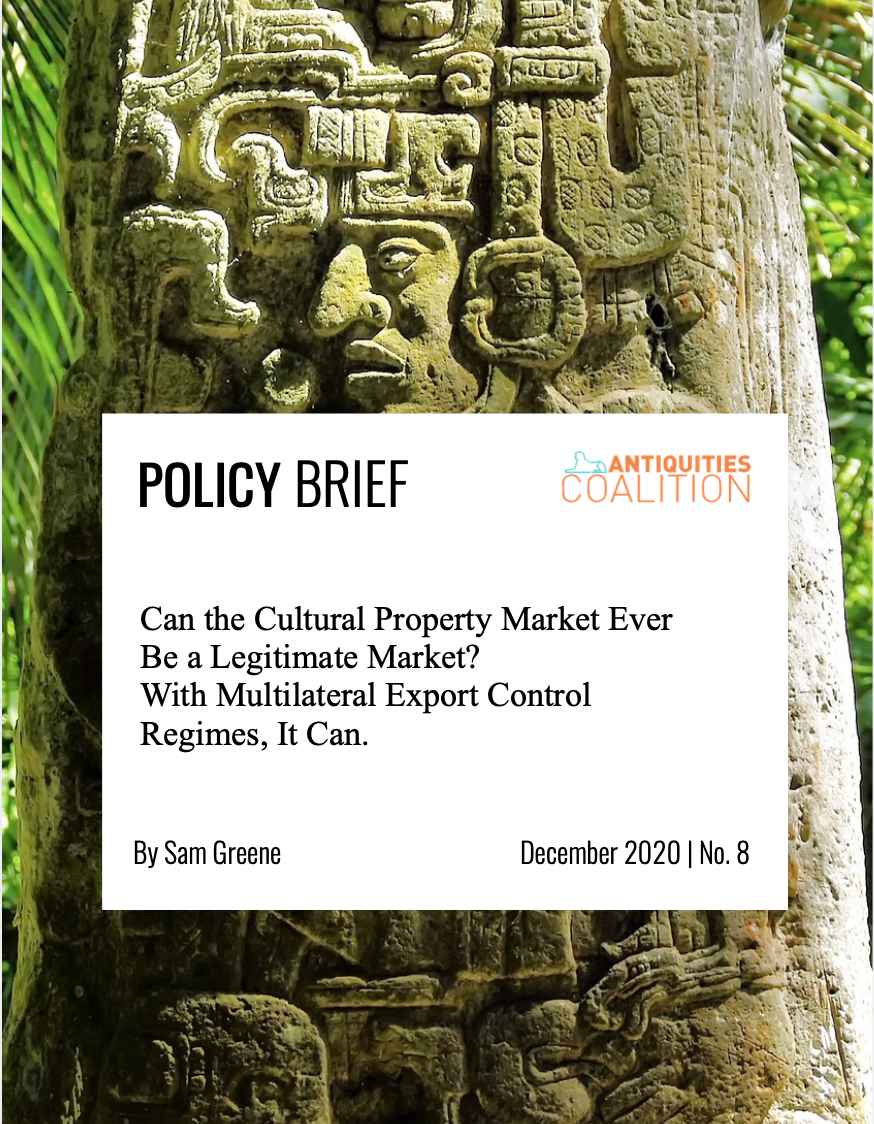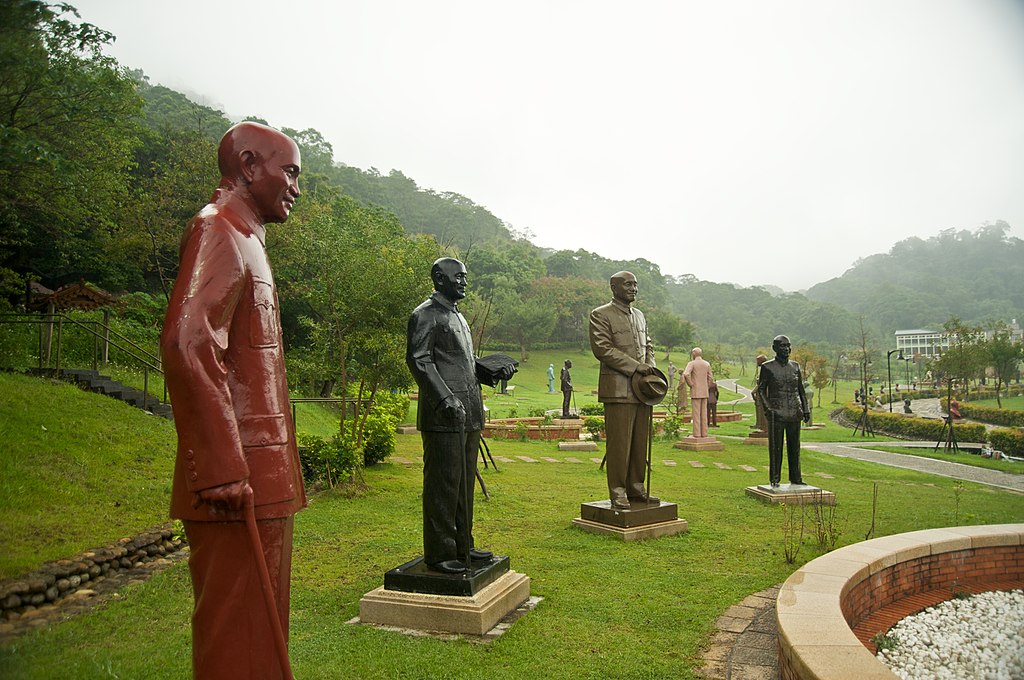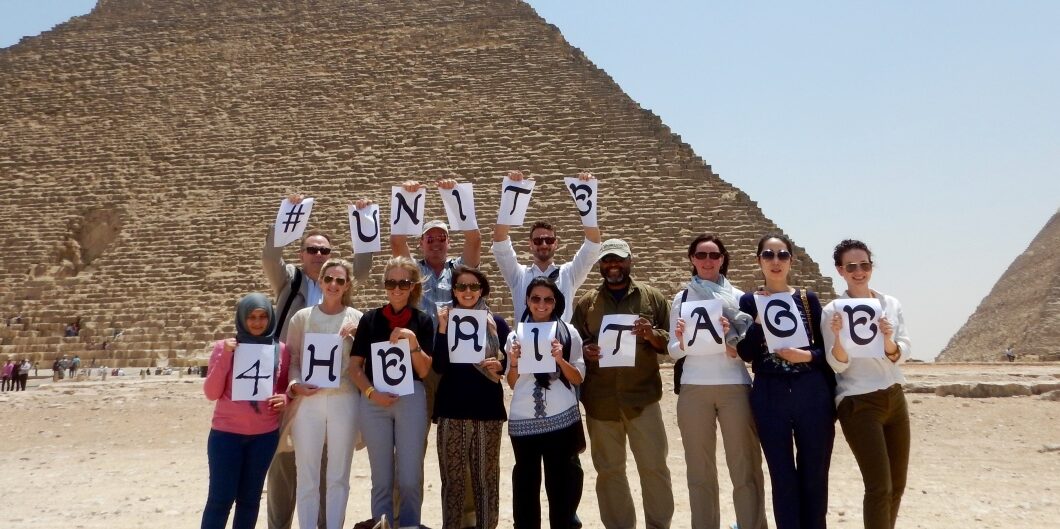Policy Brief No. 8
December 2020
By Sam Greene

The success of the current illicit cultural property market model lies in its claim to plausible deniability. Everyone—from the buyer, to the market country art dealer, to the freight forwarder, to the importer, and even to the person who verified the item in the source or transiting country—can deny involvement in the sale of stolen cultural property, because it is incredibly difficult to prove that individuals involved knew of the illicit nature of their product.
This policy brief advocates that perhaps the best way to prevent the illicit trade is by fortifying the legitimate trade. By utilizing a Multilateral Export Control Regime (MECR) model, importers from a market country must make direct contact with appropriate authorities in the supplier countries, justifying the end use of the intended import prior to receiving an export license from the supplier countries. Utilizing current multilateral organizations to support this model could facilitate the needed negotiations to draft the appropriate legal frameworks and enforcement standards. It could also generate recognition of the export license by market country authorities, aiding both official enforcement and societal pressure as legitimacy of any/all products in question can be determined instantly from the supplier countries (source).
“While negotiated import controls are excellent in developing positive international relations, and are a needed layer to preventing the illicit flow of cultural property, they can only be fully realized if met by an equally enforced and informative export control.”
Sam Greene








